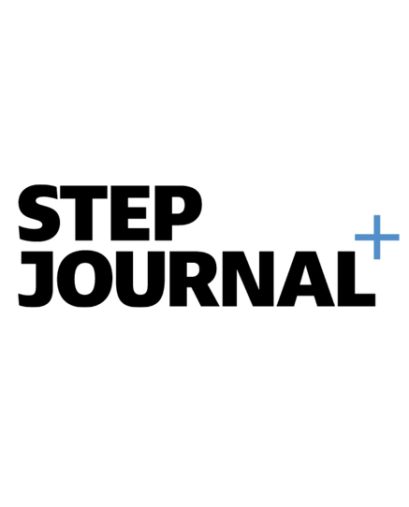September Employment Roundup
by Julie Bann and Adrian Hoggarth
EAT confirms that agency workers can be eligible for protection as a ‘worker’ under the whistleblowing legislation
In McTigue v University Hospital Bristol NHS Foundation Trust, M was employee of an Agency. The Agency contracted with the Trust for the provision of M’s services. While M was an employee of the agency, she was also bound by the Trust’s standard form contract, which identified her supervisor and set out an absence notification system and other matters relating to clinical governance, working time and health and safety. The Trust retained the right to terminate the contract for any reason that might jeopardise the quality of patient care. The agency operated all disciplinary and grievance procedures and was responsible for pay. M was removed from the engagement with the Trust and claimed against the Trust that she had been subjected to a detriment having made a whistleblowing disclosure.
The ET found it had no jurisdiction to hear the complaint as M did not meet the definition of a worker within the whistleblowing procedures. The EAT found that on a proper interpretation of s43K(1)(a) ERA, in the case of an agency worker, a Tribunal should look at what control the individual has over the terms of engagement. If in fact the individual has no or little input in the terms on which he works, the ‘employer’ as set out in s43(1)(k) is the person who does define those terms of engagement. This may mean that there is more than one employer if both the agency and the end user have substantial involvement in defining the terms of engagement. There is no need to ask who, between the agency and end-user, determined the majority of the terms.
So in this case, the EAT remitted the case back to the ET to determine whether the agency and the Trust both substantially determined the terms on which she worked.
No service provision change where the contract for services is cancelled after a competitor opens similar service.
In CT Plus v Stagecoach the EAT considered the position where the appellant bus company contracted with the Hull City Council to provide a park and ride service. When Stagecoach set up on its own in competition, the CC cancelled its contract with CT Plus. The ET rejected CT Plus’ claim that this amounted to a TUPE situation and the EAT agreed. In this case, Stagecoach established the service as a commercial venture completely independent from the City Council. Stagecoach therefore was not a client, which is required for a service provision change by reg 3(1)(b) TUPE. The EAT gave a helpful definition of a client as ‘an organisation that is in a position to carry out activities either itself or by commissioning them from others to carry out those activities on its behalf.’
A WARNING NOTE: KEEP PERSONAL DATA SECURE
The Information Commissioner’s Office (ICO) fined Whitehead Nursing Home in County Antrim, Northern Ireland, £15,000 for failing to keep the personal information they hold secure.
The breach occurred when a member of staff took an unencrypted work laptop home, which was stolen during a burglary overnight. The laptop contained sensitive personal details relating to 46 staff and about 29 residents.
An ICO investigation found that the nursing home failed to implement any policies regarding the use of encryption, homeworking and the storage of mobile devices or provide enough data security training.
The £15,000 fine was considered appropriate taking into account the size of the nursing home business. Bigger organisations experiencing a similarly serious breach would expect to receive a much larger fine.
Comment
This is a very helpful reminder to review your existing policies and procedures in relation to data storage, home working and training employees on maintaining data security.
If you have any questions, please contact Adrian or a member of the Employment Team.
Adrian Hoggarth Partner - Employment +44 (0) 20 7846 2370 adrian.hoggarth@jurit.comPlease note this paper is intended to provide general information and knowledge about legal developments and topics which may be of interest to readers. It is not a comprehensive analysis of law nor does it provide specific legal advice. Advice on the specific circumstances of a matter should be sought.









